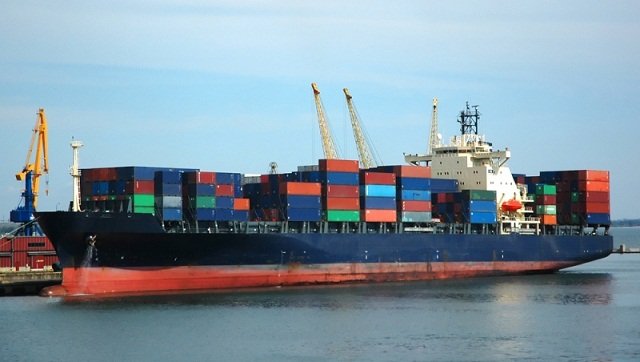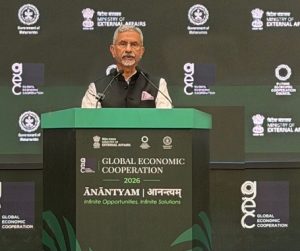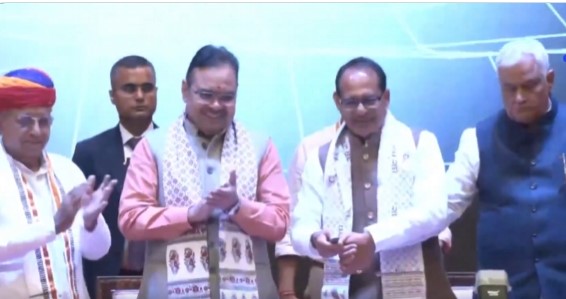
Last Updated on May 12, 2025 8:33 am by BIZNAMA NEWS
R. Suryamurthy
The 90-day trade truce between the United States and China could deliver a blow to India’s aspirations of becoming a more prominent alternative supplier to the US market, according to analysts and the Federation of Indian Export Organisations (FIEO). The agreement, which entails significant tariff reductions on a wide range of goods traded between the two economic giants, is expected to reignite their bilateral trade, potentially at India’s expense.
Under the terms of the truce, effective May 14th, the US will substantially reduce tariffs on Chinese goods, from as high as 145% to around 30%. China will reciprocate by lowering tariffs on US imports from 125% to approximately 10%. This move is anticipated to revitalize the flow of goods between the two nations, particularly in crucial sectors like electronics, machinery, and chemicals, where India has been eyeing increased market share in the US amidst the prolonged trade tensions.
FIEO President S.C. Ralhan acknowledged that while the de-escalation might bring some stability to global trade, it poses a significant challenge to India’s recent gains in the US market. The reduction in tariffs is likely to make Chinese goods more competitive in the US, potentially reversing the trend of US companies looking towards India as a reliable alternative sourcing destination.
“The resurgence of US-China trade in high-value segments will undoubtedly intensify competition for Indian exporters in the US market,” stated Ralhan. He cautioned that the price competitiveness of Chinese products, now facing significantly lower tariffs, could make it harder for Indian exporters to maintain and expand their market share in the crucial American market.
Dr. Ram Singh, Professor and Head at the Indian Institute of Foreign Trade (IIFT), echoed this concern. He pointed out that the tariff adjustments effectively bring China’s duties on par with those of other nations, eliminating the previous tariff advantage that India and other countries enjoyed. “This communique levels the playing field, and given China’s massive production capabilities and capacities, it certainly throws a spanner in India’s ambitions of emerging as a key supplier to the US market,” Dr. Singh observed.
The 90-day truce, while providing a window for negotiations and potential long-term resolutions, creates immediate uncertainty for Indian exporters who had begun to establish themselves as viable alternatives. The potential for US companies to revert to Chinese suppliers due to lower tariffs could slow down India’s export growth to the US in key sectors.
While FIEO acknowledged that India could still focus on sectors with less direct US-China competition and push for stronger preferential trade agreements with the US, the immediate impact of the tariff reductions is likely to be felt in India’s export performance to the American market. The coming months will be critical in assessing the long-term implications of this trade truce on India’s strategic goal of becoming a significant player in the US supply chain.







